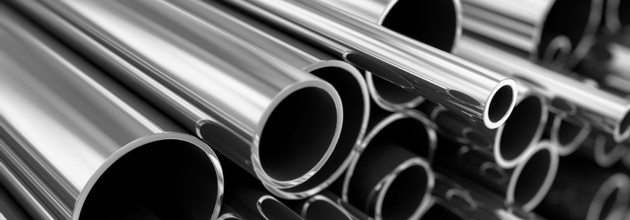 South Korea will inject 81.8 billion won ($75.5 million) into developing a domestic titanium parts and material industry that can make components for aircrafts, medical implant applications and industrial plants, the government said Tuesday.
South Korea will inject 81.8 billion won ($75.5 million) into developing a domestic titanium parts and material industry that can make components for aircrafts, medical implant applications and industrial plants, the government said Tuesday.
The seven-year plan includes the government providing 60.3 billion won in support with the rest of the money coming from private companies, the Ministry of Trade, Industry and Energy said.
For this year, 9.5 billion won has been set aside in the state budget to support the project, it said.
Titanium, a low-density, high-strength metal, was first developed on a mass scale for military use. It is stronger than steel, light and highly corrosion resistant, although it costs more and is more scarce and harder to manufacture than steel.
Even before the industry is fully developed, demand for heat exchange parts in desalination plants, steam turbine blades used in various power generating facilities and medical implants could create a 317 billion won market, the ministry said.
Titanium parts can also be used in South Korea’s next generation fighter project. The material is used on the leading edges of wings in many aircraft.
“The value-added increase rate of products made from titanium is 42 times greater than steel and 11 times more than aluminum,” the ministry said.
South Korea projects the global market for titanium components to double to 600 trillion won in 2025 from 250 trillion won as of 2012.
Moreover, development of an in-house titanium industry can protect the country from sudden price hikes from overseas manufacturers, the ministry said. At present, South Korea imports some 1 trillion won worth of titanium materials from abroad every year.
Besides the monetary input, the ministry said it will promote developing the technology to make titanium parts using low-grade ores and deposits. These sub-grade ores are 20 times more plentiful than “pure” titanium but cost much less. The manufacturing process can reduce overall production costs and give local products a price edge vis-a-vis overseas rivals that tend to use purer titanium ores.
“The goal is to make South Korea the fifth-largest producer of titanium products after the United States, Russia, China and Japan by 2021,” the ministry said. (Yonhap)

